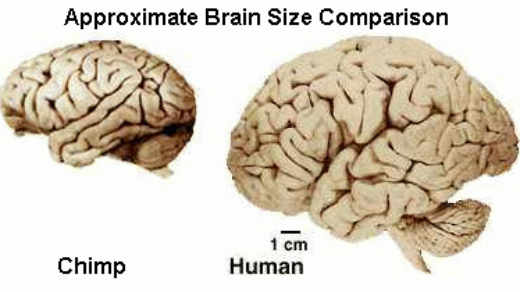A major UK clinical trial, published in The Lancet Psychiatry (2025), has provided new hope for adults struggling with depression that doesn’t improve after standard NHS Talking Therapies. The study compared mindfulness-based cognitive therapy (MBCT) to treatment as usual (TAU) in people who remained depressed for at least 12 sessions of high-intensity psychological therapy.
What is Mindfulness-Based Cognitive Therapy (MBCT)?
MBCT is a group oriented intervention in which we present the concepts from both mindfulness based and cognitive behavioral approaches. In these people’s lives issues of past thought and emotional patterns that may be at the root of increased levels of depression are addressed. Also people learn to observe their feelings and thoughts without which in turn breaks negative thought cycles.
Who was included in the study?
Adults from all over the UK were enrolled in the trial, after they had finished NHS high-intensity psychological therapy for depression but still didn’t get better. So, their depression symptoms were still there, even after getting the usual care.
How was the study done?
Participants were put randomly into two groups:
- MBCT group: Eight weekly group sessions of MBCT were given online, along with their usual NHS care.
- Usual Care group: Only the standard NHS care was continued, without MBCT.
Changes in depression symptoms were checked over 34 weeks by using the PHQ-9 questionnaire, which is a common tool for measuring how bad depression Is !
What were the main findings?
Q: Did MBCT help people more than usual care?
A: Yes. More improvement in depression symptoms was shown by people who got MBCT, compared to those who only got usual care. The improvement was about the same as what’s usually seen with antidepressant medicines.
Q: Was MBCT cost-effective?
A: Yes. Less than £100 per person was added by MBCT, and because people needed less other NHS services, it could even save money for the health system.
Q: How does MBCT help people who haven’t got better with other therapies?
A: People are helped by MBCT to notice that negative, self-critical thoughts are just thoughts, not facts. This awareness, along with mindfulness skills, helps people accept themselves more and break the habit of always thinking negatively.
Why is this study important?
About half of all patients who finish NHS Talking Therapies for depression don’t get fully better. Before, not much advice was given about what to do next. Now, strong evidence is provided by this study that MBCT is a good, practical, and scalable next-step treatment for people with ongoing depression.
Frequently Asked Questions
Q: Can MBCT be given online?
A: Yes. From this study, MBCT was delivered by videoconference, so it was easy and convenient for people.
Q: Are there any side effects?
A: No serious bad events were reported in the study because of MBCT.
Q: Who might benefit most from MBCT?
A: Adults with depression who didn’t get fully better after standard NHS high-intensity psychological therapy are likely to be helped, according to this research.
Bold Statement
It is shown by this landmark trial that MBCT is both clinically effective and cost-effective for people with ongoing depression after standard therapy. A new, evidence-based option is offered for many patients who need more support, and it can be added into NHS services to help outcomes and lower costs
Reference
Wiles, N., Button, K., Lewis, G., et al., 2025. Mindfulness-based cognitive therapy versus treatment as usual after non-remission with NHS Talking Therapies high-intensity psychological therapy for depression: a UK-based clinical effectiveness and cost-effectiveness randomised, controlled, superiority trial.
The Lancet Psychiatry (2025).
Available at: https://www.thelancet.com/journals/lanpsy/article/PIIS2215-0366(25)00105-1/fulltext
















